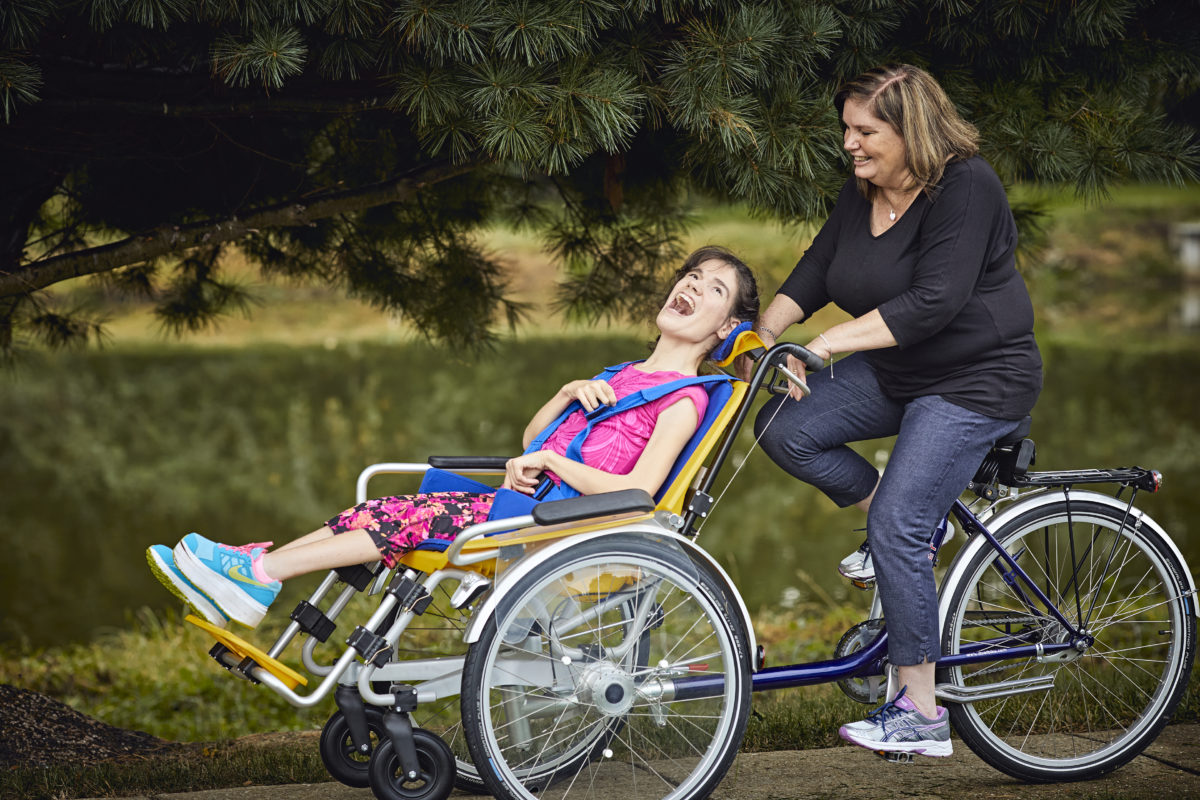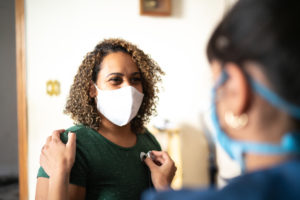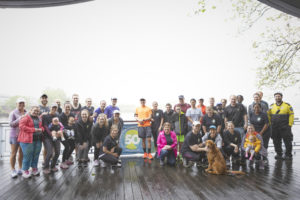Desiree Cantwell’s daughter Shaelin has cerebral palsy and uses a wheelchair. When she turned 21, Cantwell said, it was as if her family’s support system was in a freefall.
Her daughter’s birthday meant she aged out of the public school system, losing many of the benefits and support the government provides for children with disabilities.
At the same time, Shaelin aged out of pediatric treatment, including the specialty care she had received at Nemours/A.I. du Pont Hospital for Children for most of her life.
Cantwell found a lifeline for her daughter at the Center for Special Health Care Needs at Christiana Care, which provides expert, accessible, compassionate care for adults with complex childhood-onset conditions. The center cares for adults with medically and socially complex conditions, also including cystic fibrosis, Down syndrome, hemophilia and sickle cell anemia.
Parents say the transition from pediatric to adult care can feel like falling off a cliff. “We want to be that parachute that catches you,” said Charmaine Wright M.D., the center’s director.
Dr. Wright spoke on April 13 at a family-friendly Christiana Care symposium, Navigating the Resources for Cerebral Palsy in Adulthood. Panelists included a social worker, an occupational therapist and representatives from social services agencies.
Parents had lots of questions.
An elderly couple asked how they can find a place for their son to live after they are gone.
A mother was concerned that her son can’t tell her when he is in pain.
Another loved one wanted to know whether the state would help to pay for modifying a handicapped accessible car.
What about job training programs?
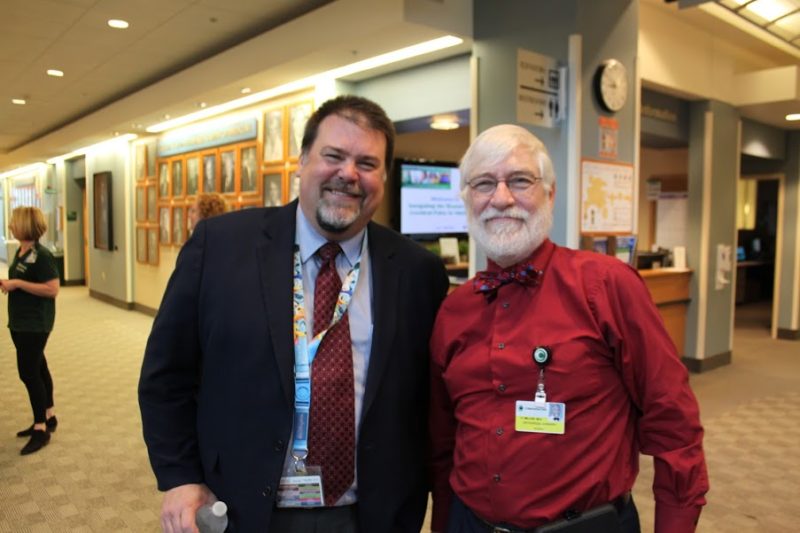
Freeman Miller, M.D., an internationally recognized expert on cerebral palsy, said it is a priority for adults with cerebral palsy to preserve the level of mobility they had when they were children and adolescents. He founded the Cerebral Palsy program and the Gait & Motion Analysis Laboratory at Nemours.
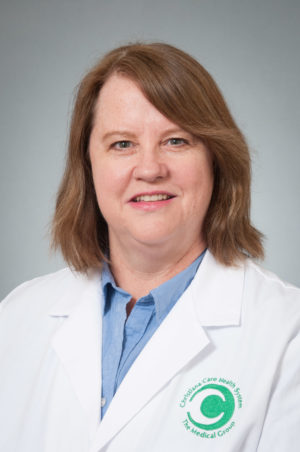
Through a partnership between Christiana Care and Nemours, Dr. Miller serves as a physician with the Center for Special Health Care Needs with Christiana Care’s Margaret Guest, D.O., clinical leader of the rehabilitation program.
Cantwell is looking forward to reconnecting with Dr. Miller at the Center for Special Health Care Needs. Her family is starting to recover from the shock of transitioning from pediatric to adult care.
“It is very traumatic to have to find all new doctors and it was a huge relief to connect with Christiana Care,” she said. “They know cerebral palsy and can manage all my daughter’s needs.”
Michael Wade Shrader, M.D., division chief of the Cerebral Palsy Center at Nemours, is a father of four, including two adult sons with cerebral palsy.
“I am living it with you, falling off that cliff with you,” he said.
He spoke on orthopedic surgery for adults with cerebral palsy, a growing need as “more and more of our kids are surviving into adulthood.”
About two of every 1,000 babies are born with cerebral palsy, caused by abnormal development or damage to the parts of the brain that control movement, balance and posture.
Adults with cerebral palsy often experience premature aging, including muscle wasting, as well as chronic pain, declining mobility and worsening muscle contraction. Spine, hip and foot problems get progressively worse; 25 percent of adults in their 20s already have degenerative joint disease.
The Center for Special Health Care Needs operates a cerebral palsy clinic at Wilmington Hospital on the first and third Wednesday of each month, staffed by rehabilitation medicine and orthopedic doctors, a nurse navigator and a social worker to provide patients and families with comprehensive care.
They address specific needs of adults with cerebral palsy, including swallowing disorders, obesity, mental health issues, and chronic inflammation which contributes to type 2 diabetes, hypertension, high cholesterol, cardiac dysrhythmias and arteriosclerosis. There’s also a focus on fitness and nutrition, and such issues as challenges in the workplace.
“We know that transition is a very difficult time,” Dr. Wright said. “We are here to make it easier for patients and families.”
To schedule an appointment at Christiana Care’s Center for Special Health Care Needs, call 302-320-6300.
